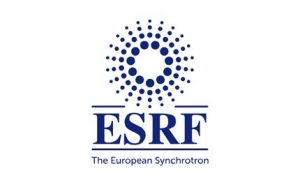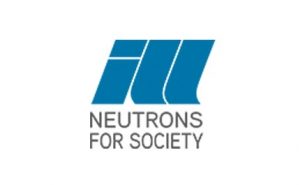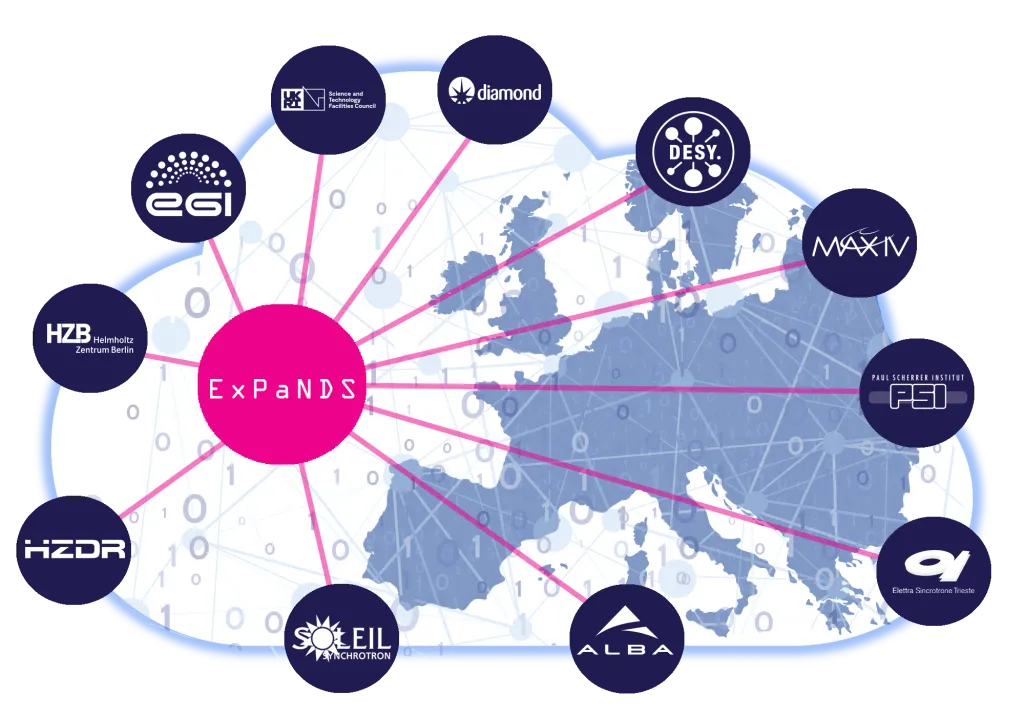Training materials
-
service
ESRF VISA Service
 •• intermediateVISA compute hardware data analysis Data login required PaNOSC Virtual Research Environment
•• intermediateVISA compute hardware data analysis Data login required PaNOSC Virtual Research Environment -
service
ILL VISA Service
VISA compute hardware data analysis Data login required PaNOSC PaN Photon and Neutron remote analysis
-
video
Access tomotools from visa.esrf.fr
tomography tomotools nabu VISA
-
workflow
Containerized Serial Crystallography “CrystFEL” VISA workflow
CrystFEL Serial crystallography pulsed X-ray beam VISA
-
slides
Virtual Infrastructure for Scientific Analysis (VISA) Workshop
VISA expands PaNOSC remote data analysis services